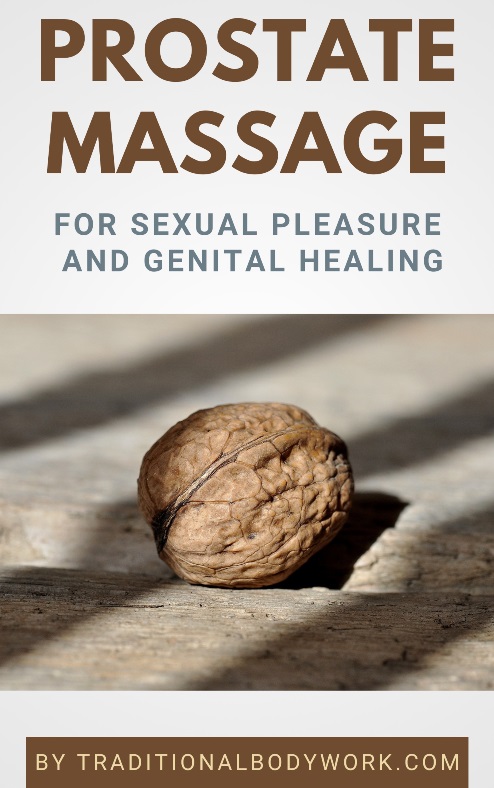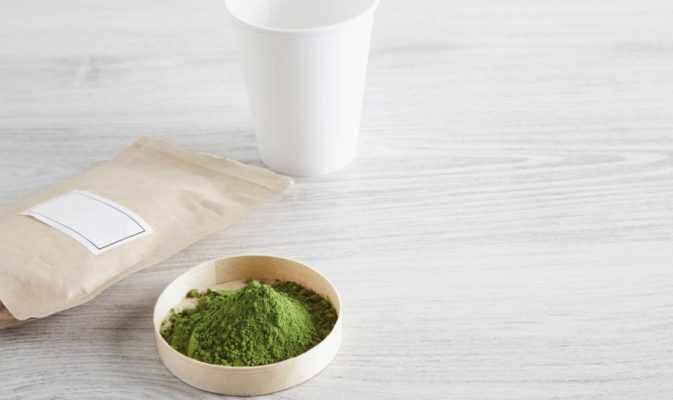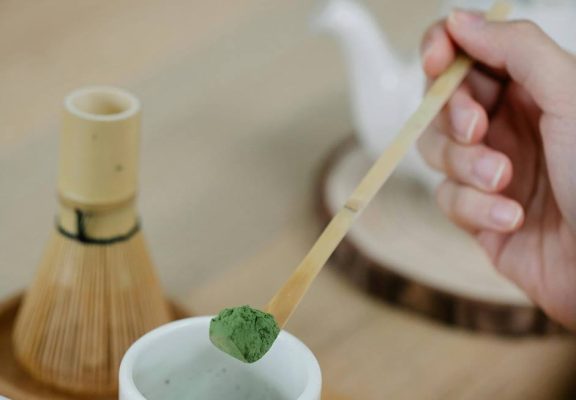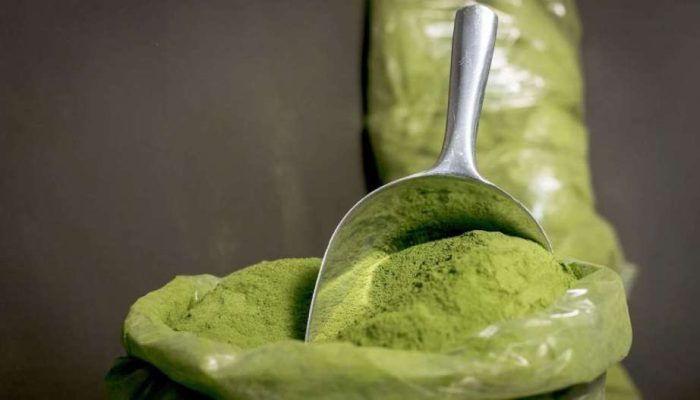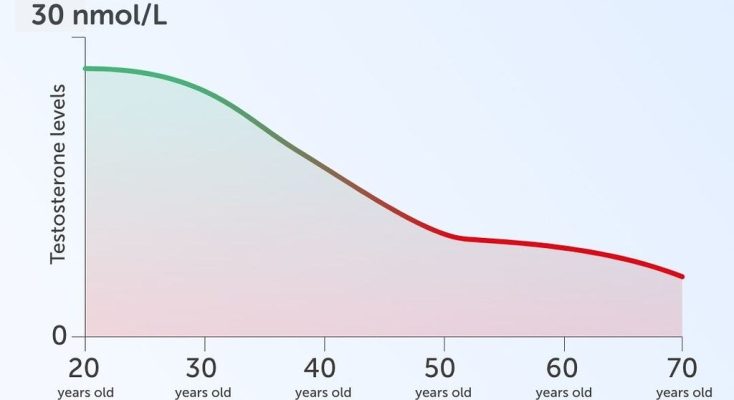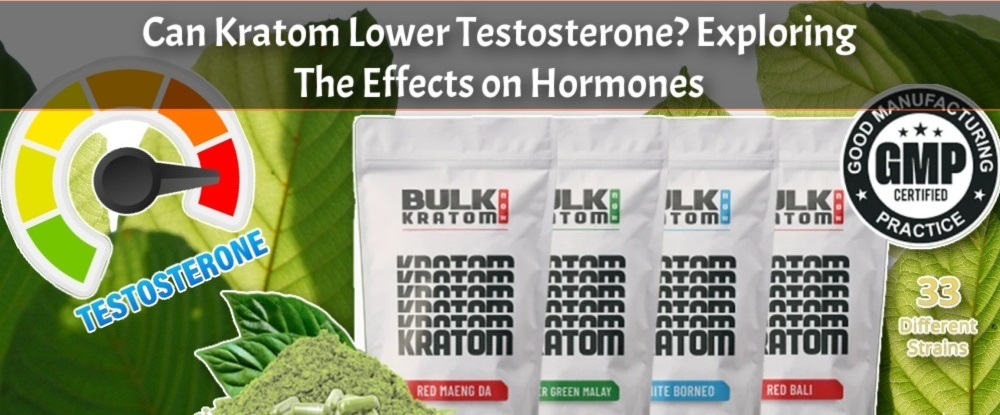
Kratom gains attention as a herbal remedy for pain relief, energy, plus anxiety management. But do people fully understand what the powerful plant does to bodies, especially regarding hormone levels like testosterone? Many folks turn to kratom seeking quick benefits but might overlook important side effects impacting overall health. With more users sharing stories about experiences, the need to know how kratom affects hormones becomes very urgent. Let’s explore details surrounding this complex subject and uncover what current research says about kratom’s potential effects on testosterone.
Kratom and Its Potential Effects
Kratom comes from the leaves of the Mitragyna speciosa tree. Its profile seems both interesting and complex. People often experience different effects based on how much they take. At lower doses many feel more energy, better focus, plus a good sense of well-being. This stimulant effect attracts those looking for a natural lift ‒ whether to get through a busy day or to improve social interactions.
When users take more kratom, its properties change to become more calming. At higher doses it acts like some opioids ‒ bringing relaxation along with pain relief.
Short-term Effects
Short-term effects might first look attractive, yet they bring warnings. Initial energy rise changes to restlessness if someone does not control use. For some people regular intake becomes a balancing act ‒ where energizing stimulation and overwhelming sedation mix easily. Many need caution.
Stories come from users who enjoyed immediate benefits but later faced dependence or bad reactions; even harmless substances need respect in usage.
What about long term implications?
Long-term Effects
Long-term kratom use presents a complex and possibly worrying picture. Research shows that while some people find relief from chronic pain or anxiety with regular use, hidden costs may come with extended exposure. One major issue appearing in recent studies involves hormonal imbalances. Reports show that regular kratom users notice changes in testosterone levels, with some facing symptoms similar to those from opioid use.
Higher prolactin levels which harm testosterone production, link to users’ ongoing kratom exposure. Using kratom regularly might lead not only to physical dependency but also to wider hormonal issues ‒ a topic still needing much research as usage spreads among people.
In the future informed choices about using kratom could help understand its effects along with addressing any potential health problems that might appear.
Properties of Kratom Leaves
The leaves of the Mitragyna speciosa tree hold many possible benefits due to their special chemical makeup. Kratom’s richness comes mainly from its active parts like the alkaloids mitragynine plus 7-hydroxymitragynine. These parts don’t just exist alone ‒ they work together affecting different systems in people.
Let’s look at what these alkaloids do. Mitragynine makes up about 66 % of all alkaloid content in kratom leaves. It interacts with several receptor systems: opioid receptors help with pain relief, while adrenergic, serotonin and dopamine pathways aid stimulation along with mood improvement. This interaction lets kratom offer a stimulating effect at lower doses and sedation plus pain relief at higher amounts.
Now let’s consider the role of 7-hydroxymitragynine.
7-Hydroxymitragynine
7-hydroxymitragynine appears in smaller amounts ‒ about 2 % of the total alkaloid content ‒ but delivers a very powerful effect. Studies show that this specific alkaloid binds more strongly to opioid receptors than mitragynine playing a key role in kratom’s pain relieving abilities. In fact, lab tests reveal that 7-hydroxymitragynine acts almost like traditional opioids drawing attention in both medical and recreational areas.
Its strength raises questions about safety along with long term use since it links to risks similar to regular opioids. People using kratom as an alternative might face unexpected problems related to hormonal changes within their bodies.
Knowing these particular traits helps explain how kratom might affect different body functions such as testosterone levels plus overall hormone health ‒ a big concern for anyone considering its use for pain or fun purposes.
Hormonal Impact of Kratom
Kratom’s effects on hormones remain a mystery because detailed studies just began. Many stories from users plus new research suggest kratom really affects our endocrine system. A key worry involves kratom use along with testosterone levels ‒ an area needing more study. For a detailed exploration of how kratom may affect testosterone, check out Kratom and its impact on testosterone levels.
Potential for Hormonal Disruption
One major concern involves the potential to change hormone levels, especially testosterone. Testosterone is very important for sex drive and energy plus plays roles in muscle mass along with mood balance.
Regular kratom use affects the hypothalamic-pituitary-gonadal (HPG) axis ‒ a complex network crucial for testosterone production. When disruptions occur symptoms like low libido and constant tiredness often appear.
Research shows these issues are serious. For instance a clinical trial showed a big drop in serum testosterone among those who used kratom daily over 30 days. A 2022 survey reported that about 30 % of users noticed changes in libido ‒ raising worries about hormonal health with kratom use.
Recognizing that some see kratom as a natural option for pain or anxiety relief is key; they might solve one problem while starting another like hormonal imbalance. Fixing these issues takes time; experts often suggest stopping regular kratom use to help hormones recover naturally.
Looking forward, people using kratom should watch their health closely ‒ talking openly about any changes such as energy shifts or mood swings can lead to better understanding plus recovery from possible hormonal disruption due to this herb.
Effects on testosterone levels make us think about what current research says regarding kratom’s impact on hormones and overall well-being.
Research on Kratom and Testosterone
Scientific research on kratom’s effect on testosterone levels is still emerging, but for a detailed analysis, visit Does kratom lower testosterone levels? Most current studies are few and often look at individual cases instead of large groups. People obviously use kratom for different reasons like pain relief, better mood or more energy ‒ yet comprehensive data on long-term hormonal effects from using it is still missing.
Case Study Insights
One clear example involved a 42-year-old man who showed signs of low testosterone plus high prolactin after using kratom for a long time. His testosterone levels really improved compared to when he took the substance; they rose from 8.4 to 14.6 pg/mL within just two months after stopping kratom use. This raises interesting questions about how stopping kratom may let the endocrine system rebalance itself.
Like this case shows personal differences, it highlights the need for wider study into how substances like kratom affect hormone levels over time.
Broader Research Landscape
Beyond single instances studies show that long term use of substances affecting opioid receptors ‒ e.g. kratom ‒ may harm hormone systems more generally. Early studies hint at possible hormone imbalances like testosterone changes, possibly influencing health and sports performance. For insights into kratom’s role in performance enhancement, read about Kratom’s role in weightlifting and performance.
Athletes plus those thinking about using kratom should take care. Since hormones play a big part in health along with performance, talking to doctors before adding such substances makes sense.
As we keep exploring how kratom affects hormones, user stories will really help explain its impacts.
Anecdotal Evidence From Kratom Users
Without detailed scientific studies directly focusing on kratom plus testosterone levels, stories from users serve as an interesting informal measure for its effects. Many people who visit online sites like Reddit along with Erowid share personal experiences with kratom describing both successes and struggles related to physical health and hormone levels.
For example some users expressed worries about low libido after long term kratom use. Others noticed fatigue or drops in energy that made them question its impact on testosterone.
Many users saw big improvements in energy after stopping the substance ‒ highlighting a broader issue: people often start using kratom seeking relief from pain or anxiety but later face unwanted side effects that might reduce those benefits.
These stories need more investigation.
Skeptics warn against relying too much on self reported data; such information may contain personal bias affected by factors like individual health conditions or other substance use. In fact about 31 % of recent kratom users also reported unrelated substance use disorders ‒ showing the complexities when evaluating kratom’s effects. The number and consistency of these accounts cannot be ignored; they highlight a shared experience needing scientific attention.
Many users noted improvements in hormone related symptoms after quitting kratom ‒ raising questions about long term consequences. While testimonials offer important insights into user realities, firm conclusions need stronger research efforts from groups like the National Institute on Drug Abuse (NIDA). Ongoing studies are very important if we want to uncover what lies beneath those complex stories ‒ and whether there’s a connection worth exploring.
These stories stay visible online ‒ they mark just the start of exploring wider implications of using this substance for health along with well-being.
Evaluating Kratom as a Health Supplement
When looking at Kratom as a health supplement, people need to balance its benefits with possible downsides. Whether Kratom works well depends on personal situations and needs, so individual research along with awareness is very important. Users often talk about three main benefits: pain relief, mood improvement, plus help during opioid withdrawal.
Many people dealing with chronic pain have used Kratom as an alternative way to manage pain ‒ finding some relief when regular medications don’t work. Additionally, its use in physical performance contexts, such as weightlifting, highlights how it may contribute to energy and recovery. Learn more about kratom for weightlifting benefits and hormonal considerations.
Next to these benefits comes the risk of potential dangers not to overlook.
People must understand that while Kratom might give temporary relief or aid in moving away from prescription opioids ‒ it may also cause dependencies similar to those linked with opioids themselves. This chance for dependence raises concerns about long term use. Equally worrying are possible hormonal imbalances ‒ especially testosterone levels ‒ that could lead to more issues later on. The link between substances like Kratom and hormone control is complex; ongoing debate continues over how these interactions impact overall health.
Thus talking with healthcare providers before adding Kratom into one’s routine becomes very important. Experts offer valuable insights suited to individual health needs ‒ leading the way for safer choices. Taking charge of one’s health feels empowering; knowing what enters your body helps avoid unexpected problems.
Staying informed plus cautious allows users greater confidence when exploring supplements like Kratom ‒ opening deeper understanding of how such substances specifically affect hormone levels.
Considering Kratom’s Impact on Testosterone Levels
With the growing use of kratom for various benefits, understanding its impact on testosterone levels becomes important. Many people use this plant for pain relief or managing withdrawal symptoms from opioids, so potential hormonal effects need attention. Some users report positive effects on energy plus libido but research remains limited ‒ leaving exploration to both stories and scientific views.
Different Opinions
Some experts argue that kratom’s effect on testosterone is minor; they mention many herbal supplements cause different effects based on individual body chemistry along with usage patterns. Other researchers warn that stories suggest significant hormonal disruptions could happen from long term kratom use.
For instance studies show a link between ongoing opioid use and male sexual health issues like opioid induced androgen deficiency (OPIAD). Since kratom shares some traits with opioids, similar hormonal challenges might follow.
Practical Suggestions
Users worried about testosterone levels should monitor hormonal health regularly. Regular check ups help track changes since testosterone levels play a major role in overall well-being ‒ energy levels and sexual health included. Talking with a healthcare professional before starting or stopping kratom provides personalized insights suited to individual health needs plus potential risks based on medical history.
Those who include kratom in their routine should pay attention to changes in mood next to energy or libido as these offer valuable clues about its impact on hormones. Tracking these changes over time allows informed decisions regarding kratom use.
By staying informed along with cautiousness, individuals better manage potential risks tied to kratom while benefiting from it.
Balancing regular monitoring alongside understanding how herbal supplements interact with our hormones empowers users toward healthier choices.

